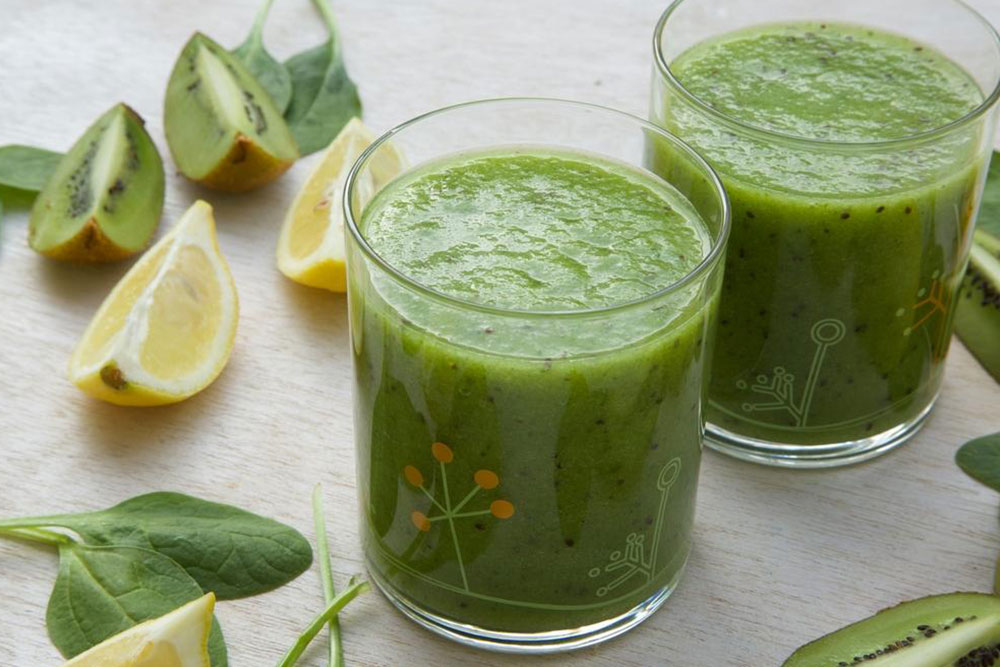Comprehensive Lifestyle Strategies to Safeguard Colon Health and Prevent Disorders
Discover effective lifestyle strategies to promote colon health and prevent disorders. This comprehensive guide emphasizes the importance of a high-fiber diet, adequate vitamin D intake, regular exercise, proper hydration, and healthy bowel habits. Implementing these tips can reduce the risk of colon diseases such as IBS, diverticulosis, and colon cancer, while alleviating symptoms like bloating, constipation, and gas. Prioritize your digestive health with practical, easy-to-follow lifestyle changes for a healthier, happier life.

Comprehensive Lifestyle Strategies to Safeguard Colon Health and Prevent Disorders
Maintaining optimal colon health is critical for overall well-being and preventing serious gastrointestinal conditions. Unhealthy dietary choices, irregular eating patterns, and sedentary lifestyles are significant contributing factors to the development of colon problems such as irritable bowel syndrome (IBS), diverticulosis, and colon cancer. Recognizing these risks highlights the importance of adopting proactive lifestyle measures. A well-balanced diet combined with healthy habits can substantially reduce the likelihood of colon-related health issues, improve digestion, and enhance quality of life.
In this article, we will explore extensive strategies and practical tips aimed at supporting colon health. These include dietary recommendations, physical activity routines, hydration tips, and behavioral changes—all focused on promoting a clean, healthy colon, reducing symptoms like bloating, constipation, and gas, and lowering the risk of chronic diseases affecting the colon.
Prioritize a High-Fiber Diet for Optimal Colon Function
A cornerstone of maintaining a healthy colon is consuming sufficient dietary fiber. Fiber-rich foods play a crucial role in enhancing bowel movements and facilitating waste elimination from the digestive tract. Dietary fiber acts as a natural cleanser, sweeping through the intestines, preventing constipation, and reducing the potential for harmful bacterial buildup. Incorporate a diverse range of fiber sources such as fresh berries, ripe bananas, prunes, peas, broccoli, beans, celery, and whole grain products like whole wheat pasta and brown rice into your daily meals. Regular intake of high-fiber foods can help improve stool consistency, prevent irregularities, and significantly cut the risk of developing colon diseases.Moreover, dietary fiber can modulate the gut microbiome, supporting the growth of beneficial bacteria that are essential for maintaining a healthy digestive system. It’s recommended for adults to aim for at least 25-30 grams of fiber daily, adjusting based on individual dietary needs and health conditions.
Ensure Adequate Vitamin D Levels to Strengthen Colon Defense
Vitamin D is a vital nutrient that contributes not only to bone health but also plays an instrumental role in preventing colon cancer and supporting overall colon integrity. Adequate sun exposure, approximately 15 to 20 minutes daily, preferably during morning hours, is an effective natural way to boost vitamin D synthesis in the skin. When sunlight exposure isn’t sufficient, dietary sources become crucial.These include fatty fish such as salmon, mackerel, and sardines, as well as fortified foods like milk, orange juice, and cereals. Consuming these regularly helps maintain optimal vitamin D blood levels, which are associated with a decreased risk of colon malignancies. Additionally, vitamin D influences immune function and reduces inflammation—both factors relevant in the prevention of inflammatory bowel diseases and other colon disorders.
Engage in Regular Physical Activity to Promote Digestive Health
Active lifestyles are strongly linked to healthier colons. Exercise improves blood circulation, enhances lymphatic flow, and boosts oxygen delivery throughout the body, including the gastrointestinal tract. Physical activity stimulates bowel movements, helping to prevent constipation and reduce the risk of developing diverticulosis, IBS, and colon cancer.
Incorporate at least 150 minutes of moderate-intensity exercise, such as brisk walking, cycling, or swimming, into your weekly routine. Even short daily sessions of stretching, yoga, or light aerobics for about 10-15 minutes can have positive effects on digestive health. Consistent physical activity also supports weight management, which is another important factor in lowering colon cancer risk.
Don’t Delay Bathroom Visits — Respect Your Body’s Signals
Ignoring the natural urge to have a bowel movement can lead to stool retention and exacerbate colon health issues. Holding in stool frequently can cause hardening, increased toxin absorption, and contribute to conditions like hemorrhoids, diverticulosis, and weakened intestinal muscles. Cultivating regular bathroom habits ensures waste is expelled efficiently, reducing the burden on your colon and preventing associated complications.
Stay Hydrated to Support Digestive Processes
Proper hydration is fundamental for maintaining a healthy digestive system. Water softens stool, making bowel movements easier and preventing constipation. It also aids in flushing toxins out of the body, reducing inflammation, and supporting the integrity of the mucosal lining of the colon.
Develop a habit of drinking sufficient water throughout the day—ideally between 8 to 10 glasses or more, depending on activity level and climate. Drinking water before meals can also enhance digestion and promote satiety. Remember, dehydration can severely impair gut health, so hydration should be prioritized alongside a fiber-rich diet and regular activity for comprehensive colon health management.
By integrating these lifestyle modifications—focused on diet, physical activity, hydration, and behavioral habits—you can significantly improve your colon health, prevent potential disorders, and enjoy better overall wellness. Consistency is key; making these strategies a regular part of your routine ensures sustainable benefits and a healthier digestive system for years to come.





